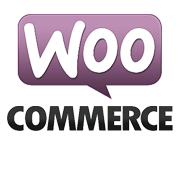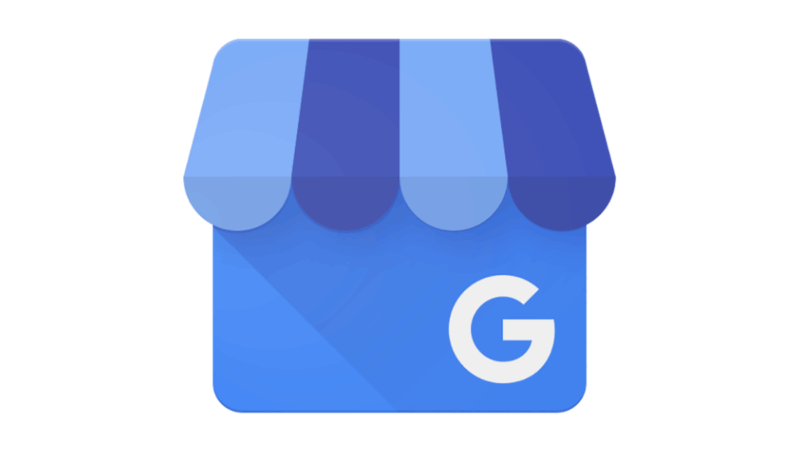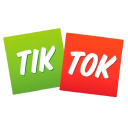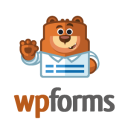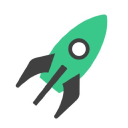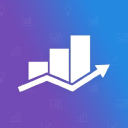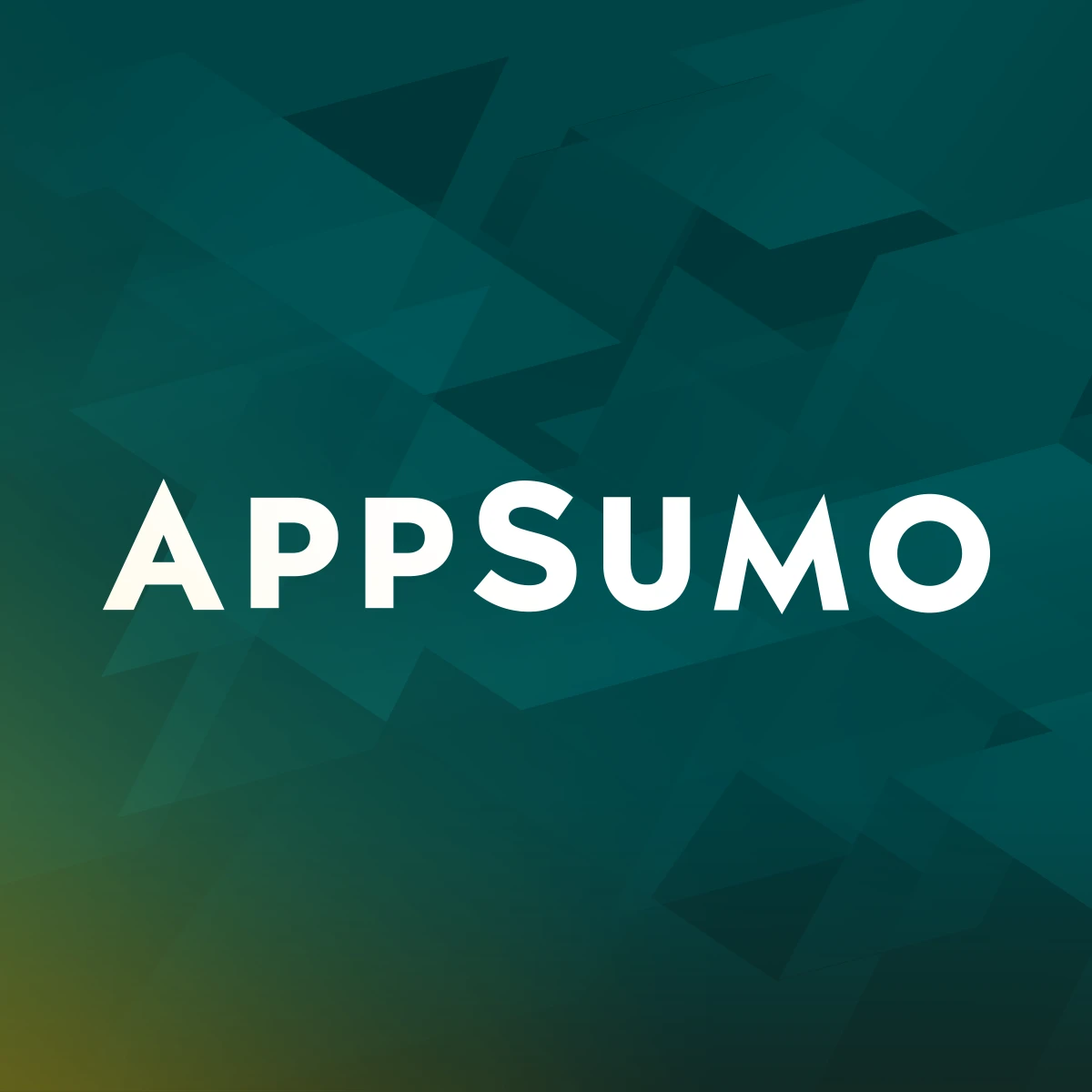How I Grew Business Matchmaking Service to $300K/Year
Hello! Who are you and what business did you start?
Well hello, my name is Behdad Jamshidi, but my friends and customers call me by my nickname Bee. I'm an engineer turned marketing broker/ matchmaker/ concierge. I founded the business CJAM Marketing in 2019.
When I was working with customers and marketing agencies, I uncovered a key issue in marketing, which is even more true today…
Businesses don't understand marketing, and marketing agencies don't understand business. So over the last 5 years, I've worked to bridge this gap.
I've met with over 800+ marketing agencies and partners in the last 5 years, and I've vetted that list down to about 90+ partners that I work with. My goal is to connect businesses with the right marketing partners.
In 2023:
- Left my high-paying engineering job
- Made the leap to full-time with the business
- Moved internationally to the Netherlands
- Sorry, you need to login and/or become a member to view the rest of this content.

